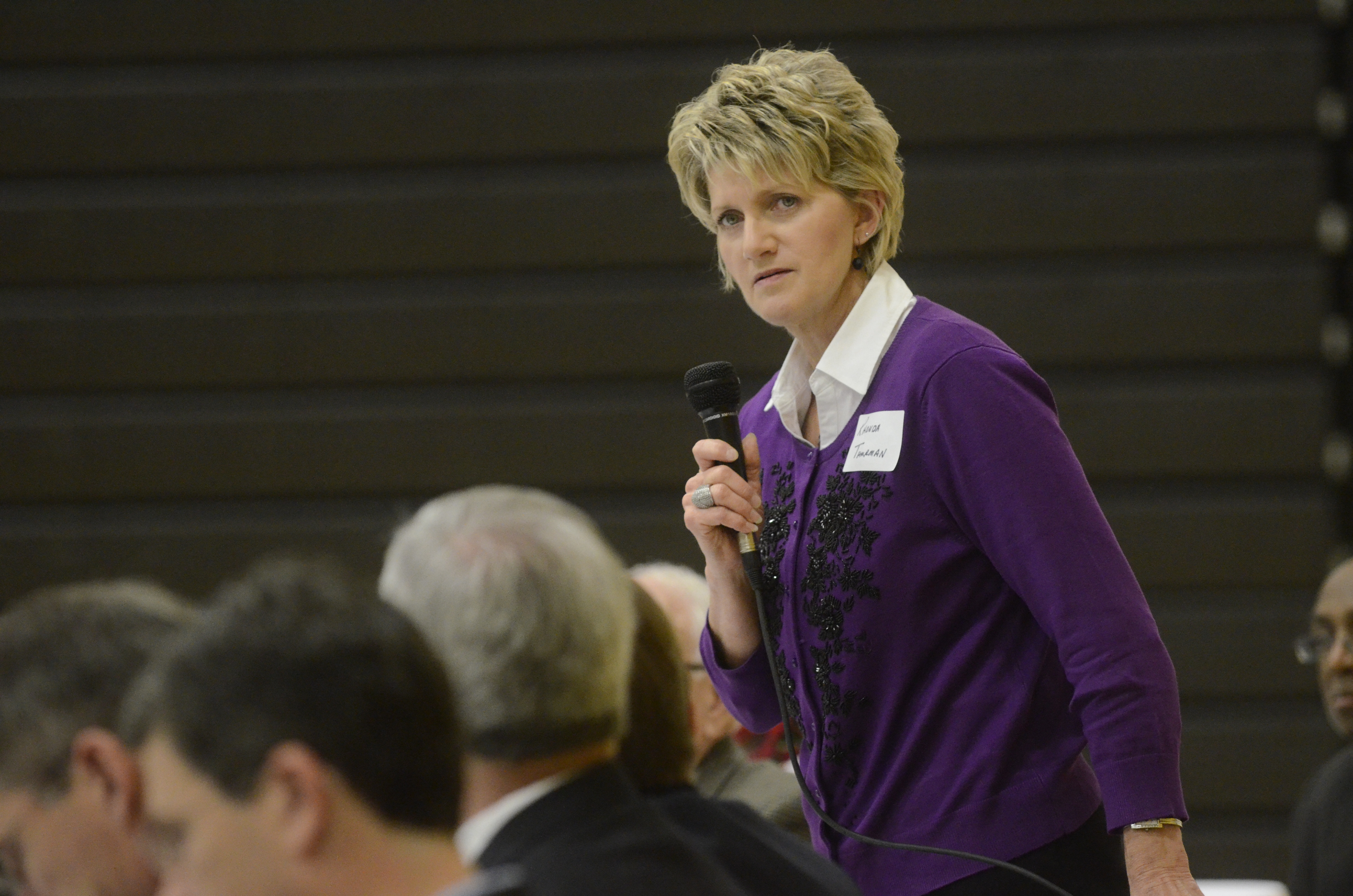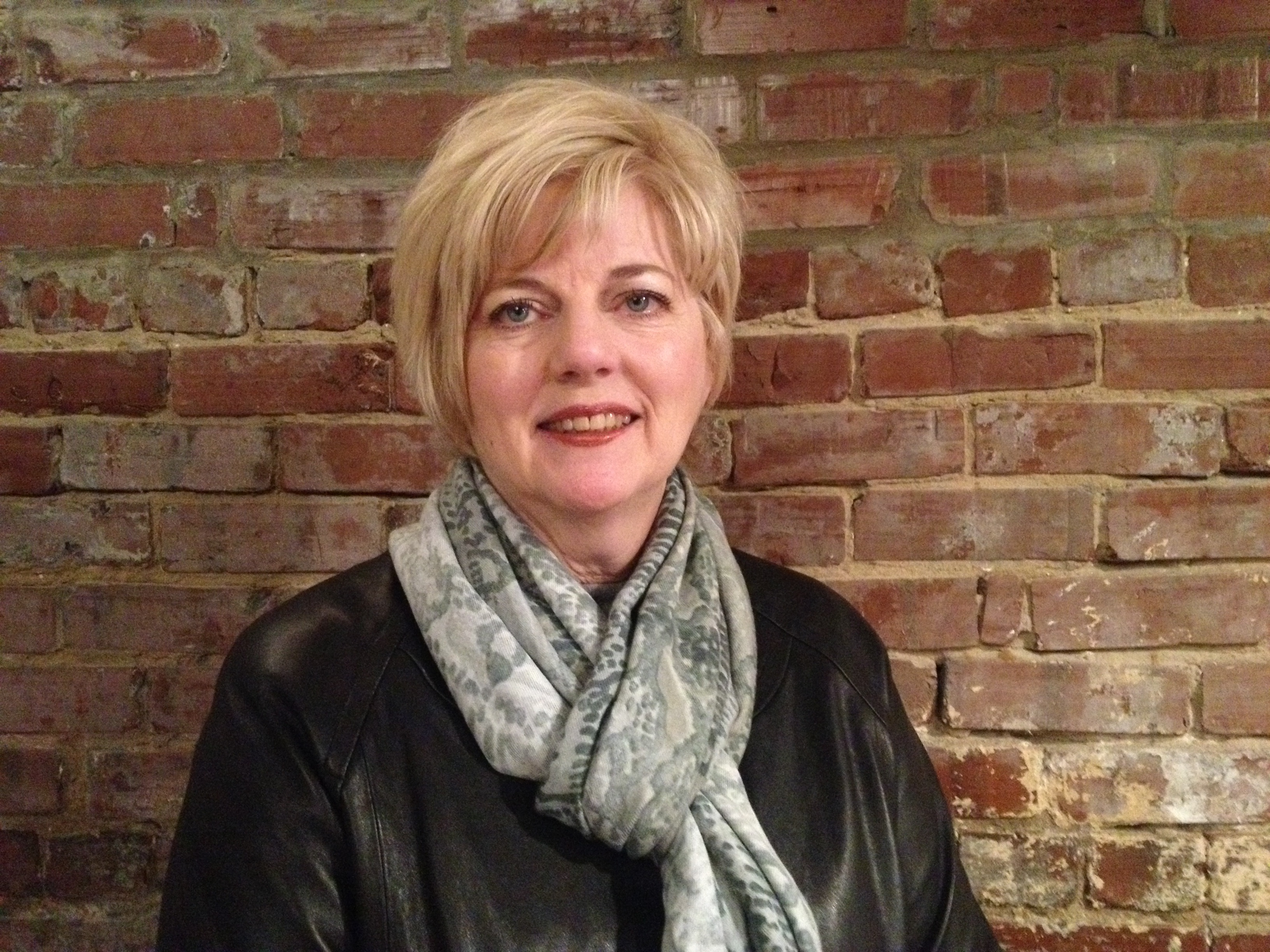Tennessee leads the nation in low-paying jobs - and that goes for educational consultants who coach teachers, too.
At least it does according to Cheri Dedmon, a retired East Ridge High School principal who will make $500 a day for 40 days -- $20,000, total -- to help coach teachers at the Chattanooga Girls Leadership Academy, an all-girls charter school in Chattanooga's Highland Park neighborhood that focuses on science, technology, engineering and math.
"I don't know of anybody else who's a consultant who asks $500," said Dedmon, who said she's met other educational consultants from around the country who "snicker" at her daily rate.
Dedmon is among a batch of consultants who will receive a total of $361,915 in federal funds this academic year from the Hamilton County Department of Education.
The school board approved consultants' contracts at its Sept. 19 meeting -- though fiscally conservative school board member Rhonda Thurman questioned the effectiveness of consultants that night, and the cost, since the highest-paid consultant will earn $2,500 a day.
"My question is, how many times do [teachers] have to be trained?" Thurman asked recently. "Some of these schools have had consultants in since I've been on the board. The students were failing then and they're failing now."
Teachers' professional development is an issue that has gotten nationwide scrutiny. The federal government will spend around $2 billion on teacher training this year alone through Title I and II federal programs.
Smaller school districts in the area benefit from federal funding, too. For example, Catoosa County Schools has $11,900 in federal Title I and II funds budgeted for professional development this school year, said Marissa Brower, spokeswoman for the Ringgold, Ga., school district.
"In our experience, $800 to $1,500 a day has been a reasonable fee for a consultant based on their expertise and additional follow-up services," Brower said.
Sequatchie County Schools has about $24,000 in Title I and II slated for consultants, the district's Federal Programs Director Rhonda Harmon said. Sequatchie's highest-paid consultant will make $1,800 a day, Harmon said.
Chattanooga: a case study
Chattanooga is a poster child for the good that can come of professional learning for teachers, according to Stephanie Hirsh, the executive director of Learning Forward, a national nonprofit that promotes ongoing training for teachers.
"Chattanooga's probably one of the best stories in the country," Hirsh said, citing the "Benwood Initiative," an effort that began in 2001 to improve eight low-performing elementary schools with $5 million from the Chattanooga-based Benwood Foundation. By 2006, the schools' scores were above the district average.
The turnaround was credited partly to mentoring programs for teachers.
"It's all about implementation," Hirsh said.
Professional learning needs to be done in a deliberate way, she said.
That's what Hamilton County school officials say they're doing with the help of consultant Jan Richardson, a star in the world of reading and literacy education. Richardson will be paid $2,500 a day for seven days, or $17,500, in federal funds to come to Chattanooga to teach her "guided reading" method to Hamilton County public school teachers, literacy coaches and administrators.
The district bought a copy of Richardson's book for every kindergarten through fifth-grade teacher, and all its literacy coaches were trained in her method.
Richardson, who was in Hamilton County recently courtesy of a grant from the Community Foundation of Greater Chattanooga, drew about 300 parents and teachers for a Sept. 22 talk at Redemption Point Church on Bailey Avenue.
"Jan Richardson is one of the leading proponents of guided reading in the country," said Robert Sharpe, the district's assistant superintendent of education and leadership. "As a large, metropolitan school district, we need to stay in touch with what's going on outside of Hamilton County."
Sharpe said it's cheaper for the district to bring consultants in than to send teachers to events.
"You put a leader in their field for a day [in the classroom], that's a lot less expensive than somebody travels in an airplane out of the district," he said.
A consultant who's paid $2,500 might instruct 40 teachers, Sharpe said.
"Let's say we divide that by 40 -- what do you get? That's $60 [each]," Sharpe said.
'We don't know what works'
Conservative education policy experts question the effectiveness of billions of federal dollars spent on teachers' professional development.
"It doesn't really appear to have a particularly measurable effect," said Michael McShane, a research fellow in education policy for the American Enterprise Institute in Washington, D.C.
But since the federal government foots the bill for school districts, "there's no reason for them not to [spend] it," McShane said.
Joy Pullman, a research fellow on education policy for The Heartland Institute and former managing editor of "School Reform News," said not much good research has been done to prove the value of teacher training.
"We don't know what works," Pullman said. "Almost any professional development that occurs is a shot in the dark."
That was the conclusion of Tom Loveless, an expert on education policy for the Brookings Institute, one of Washington's oldest and most influential research institutions that's generally regarded as liberal-centrist in its outlook.
"The scientific basis for [professional development] is extremely weak. I say that not only as a researcher, but as one who has spent most of his adult life either teaching or studying schools," Loveless wrote in a Brookings position paper published in February.
Out of 910 studies done on the effectiveness of professional development on K-12 mathematics, Loveless wrote that only five met the standards of the "What Works Clearinghouse," a U.S. Department of Education initiative.
"Of the five studies, two had positive results, one showed limited effects, and two detected no discernible effects," Loveless wrote.
Loveless concluded, "We don't know the specific attributes that make some teachers effective and others ineffective. Until we can define those qualities and amass a scientifically sound body of research on how to develop them, significantly improving teaching will remain an elusive goal."
The best measure of professional learning's impact on teachers, Hirsh said, is at the local level.
The Chattanooga Girls Leadership Academy's test scores were so bad, the school was almost shut down. But scores have improved so much since Elaine Swafford took over as executive director in 2012 that the state twice recognized the all-girls charter school as a "reward school."
"There's been exponential progress," said Swafford, who credits the improvement partly to consultants like Dedmon, whose 40-day contract calls for one-on-one, in-classroom coaching of teachers -- 10 of whom are brand-new to the profession.
"All the experience that [Dedmon] brings to the table, it's really well worth what we pay the consultants," Swafford said. "If I hire them, I really think that they are well worth it."
Contact staff writer Tim Omarzu at tomarzu@timesfreepress.com, www.facebook.com/tim.omarzu, twitter.com/TimOmarzu or 423-757-6651.


